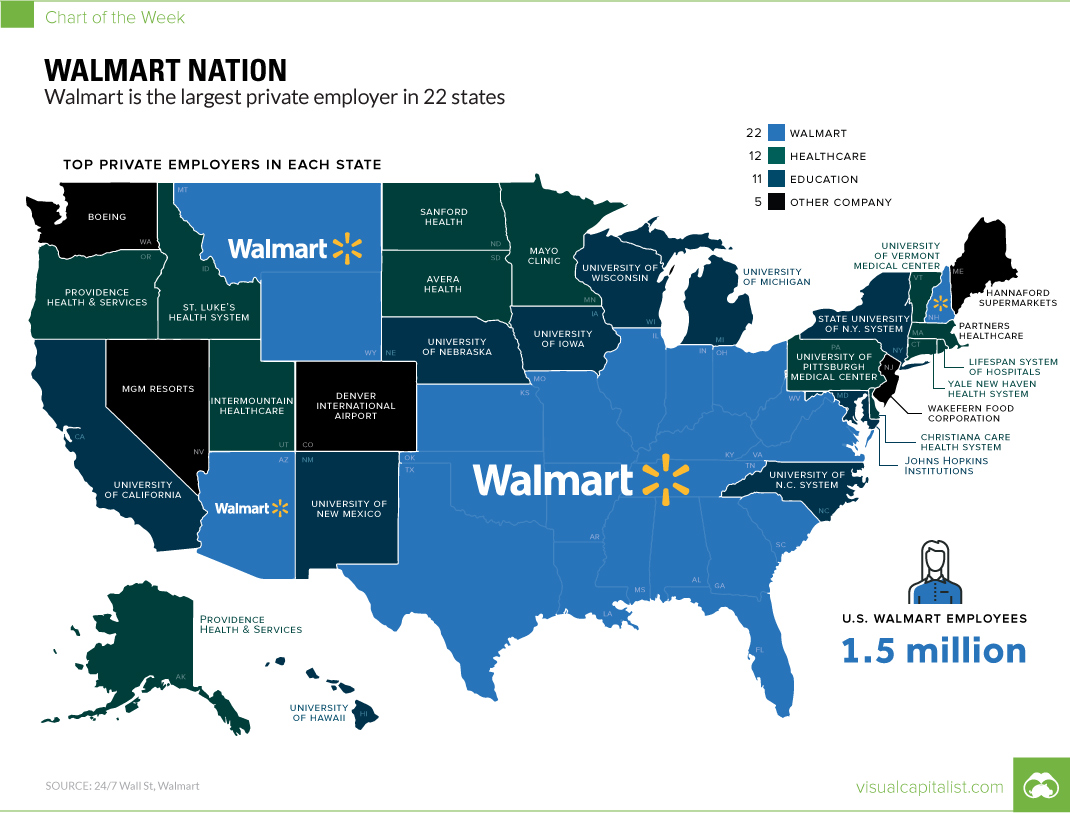After reading a flurry of pieces over the last few days about the progress being made in self-driving vehicle technology, I was reminded that one job category that seems likely to be highly pressured by this type of automation is commercial vehicle driving. You don't have to be a genius to realize that once Tesla (and others), get enough of their new commercial trucks into service, that Generation 2.0 of these trucks will attempt to not just eliminate diesel fuel and noxious emissions from their products - they will try to eliminate the driver too.
And you probably caught something about Amazon's newest experiments with retail stores that have no cashiers. Or maybe you have heard about fast food giants like McDonald's or Panera pushing more self-service kiosks into their locations, to reduce the need for human cashiers and order-takers. Or the hotels that are using mobile robots to deliver room service meals to their guests. And the list goes on and on.
And maybe after reading all these stories you say to yourself: "Self, these technology advancements are amazing. But good thing I am a (insert the white collar 'knowledge' job you have here) and not a truck driver or a cashier.'
And whether or not the robots are coming sooner or later for whatever 'knowledge' job you have today is probably debatable, let's pretend for the moment in the words of Big Brother, (yes, I am fan), - 'Knowledge worker X, you are safe'. Phew. That is a relief.
But here is the thing, the kinds of jobs that are most vulnerable, most likely to be adversely impacted by automation are ones that are held by millions of people. Have a look at the chart below, from BLS data from May 2016.
Look closely at that list of the Top 10 'most-held' job categories in the US and think about which of them, (Clue: It is almost all of them), are going to be increasingly pressured by technology, automation, and 'self-service'.
There are about 150M people in the US labor force give or take. The Top 10 job categories in the above chart represent about 21 or 22 million workers - roughly 15% of all US workers. That is a huge number, especially considering that half a percent or a full percent moves in the unemployment rates are such big news.
The potential and the consequences of labor automation are concerns for everyone - whether or not your job is 'safe'.
And one last bit of food for thought. This issue, this challenge of automation and technology threatening jobs is also going to be a local one. Check out this chart below that shows the largest private employer for each state in the US. See any cause for concern?

When Walmart decides to move more aggressively into online, self-service, robot customer service pods, and Amazon-like efficiency in their distribution centers there will be an impact too.
But that's ok. You don't work at Walmart.
But I bet you know someone who does.